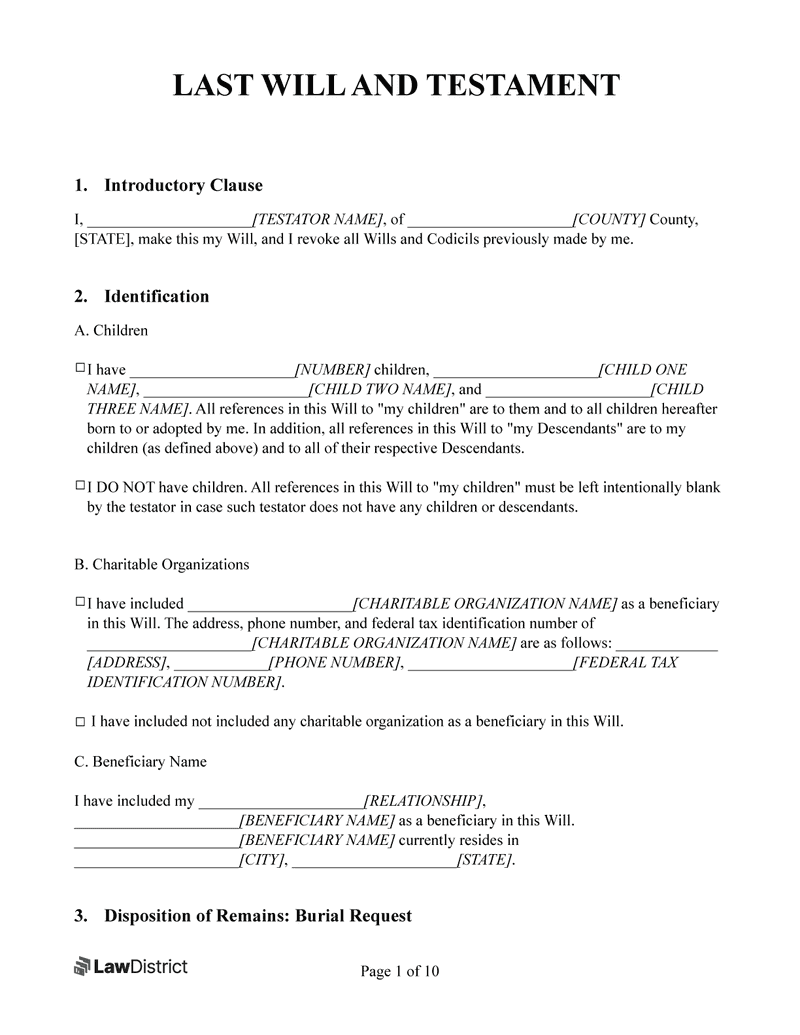What is Residuary Estate in UAE ?
Residuary Estate: Definition
A residuary estate in UAE (الباقي من التركة in Arabic) refers to the portion of a deceased person’s estate that remains after all specific gifts, debts, taxes, and administrative expenses have been paid. In UAE law, this concept is particularly important in both Islamic and non-Islamic inheritance contexts.
Legal Framework
Under Islamic Law:
- Residuary Calculation:
- After mandatory shares
- Post-specific bequests
- Following debt settlement
- After funeral expenses
- Distribution Rules:
- Asaba (agnatic heirs)
- Male preference rules
- Proportional sharing
- Familial hierarchy
Under Non-Islamic Wills:
- DIFC/ADGM Framework:
- Testator’s wishes
- Will provisions
- Beneficiary rights
- Distribution freedom
Components of Residuary Estate
What Remains After:
- Priority Payments:
- Funeral expenses
- Death-related costs
- Administrative fees
- Court charges
- Debt Settlement:
- Secured debts
- Unsecured debts
- Tax liabilities
- Outstanding bills
- Specific Bequests:
- Named gifts
- Fixed amounts
- Particular items
- Designated assets
Calculation Process
Steps to Determine:
- Asset Valuation:
- Property assessment
- Investment valuation
- Account balances
- Business interests
- Deduction Sequence:
- Priority expenses
- Legal obligations
- Specific bequests
- Administrative costs
Distribution Rules
Islamic Distribution:
- Residuary Heirs:
- Sons (primary)
- Male relatives
- Specified order
- Fixed proportions
- Sharing Principles:
- Male/female ratios
- Generational order
- Branch exclusion
- Representation rules
Non-Islamic Distribution:
- Will Instructions:
- Named beneficiaries
- Specified shares
- Alternate provisions
- Default rules
Legal Considerations
Important Factors:
- Asset Classification:
- Included property
- Excluded assets
- Joint ownership
- Life insurance
- Time Considerations:
- Valuation dates
- Distribution timing
- Asset realization
- Market conditions
Common Challenges
Practical Issues:
- Valuation Problems:
- Market fluctuations
- Complex assets
- Business interests
- International property
- Distribution Delays:
- Asset liquidity
- Legal procedures
- Beneficiary disputes
- Documentation issues
Documentation Requirements
Essential Records:
- Asset Documentation:
- Property titles
- Account statements
- Investment records
- Business documents
- Liability Evidence:
- Debt records
- Tax statements
- Expense receipts
- Payment proofs
Administration Process
Key Steps:
- Initial Assessment:
- Estate inventory
- Liability review
- Beneficiary identification
- Value calculation
- Management Phase:
- Asset preservation
- Debt payment
- Bequest distribution
- Residue calculation
Practical Examples
Case Scenarios:
- Simple Estate: “After paying all debts and specific bequests of AED 500,000, the residuary estate of AED 1,000,000 remains for distribution.”
- Complex Estate: “Business assets, international properties, and investments requiring detailed valuation and specific distribution planning.”
Time Frames
Processing Periods:
- Calculation Phase:
- Asset valuation: 1-2 months
- Debt settlement: 2-3 months
- Bequest distribution: 1-2 months
- Final calculation: 1 month
- Distribution Phase:
- Legal approval: 2-4 weeks
- Asset transfer: 1-3 months
- Account closure: 2-4 weeks
- Final settlement: 1-2 months

